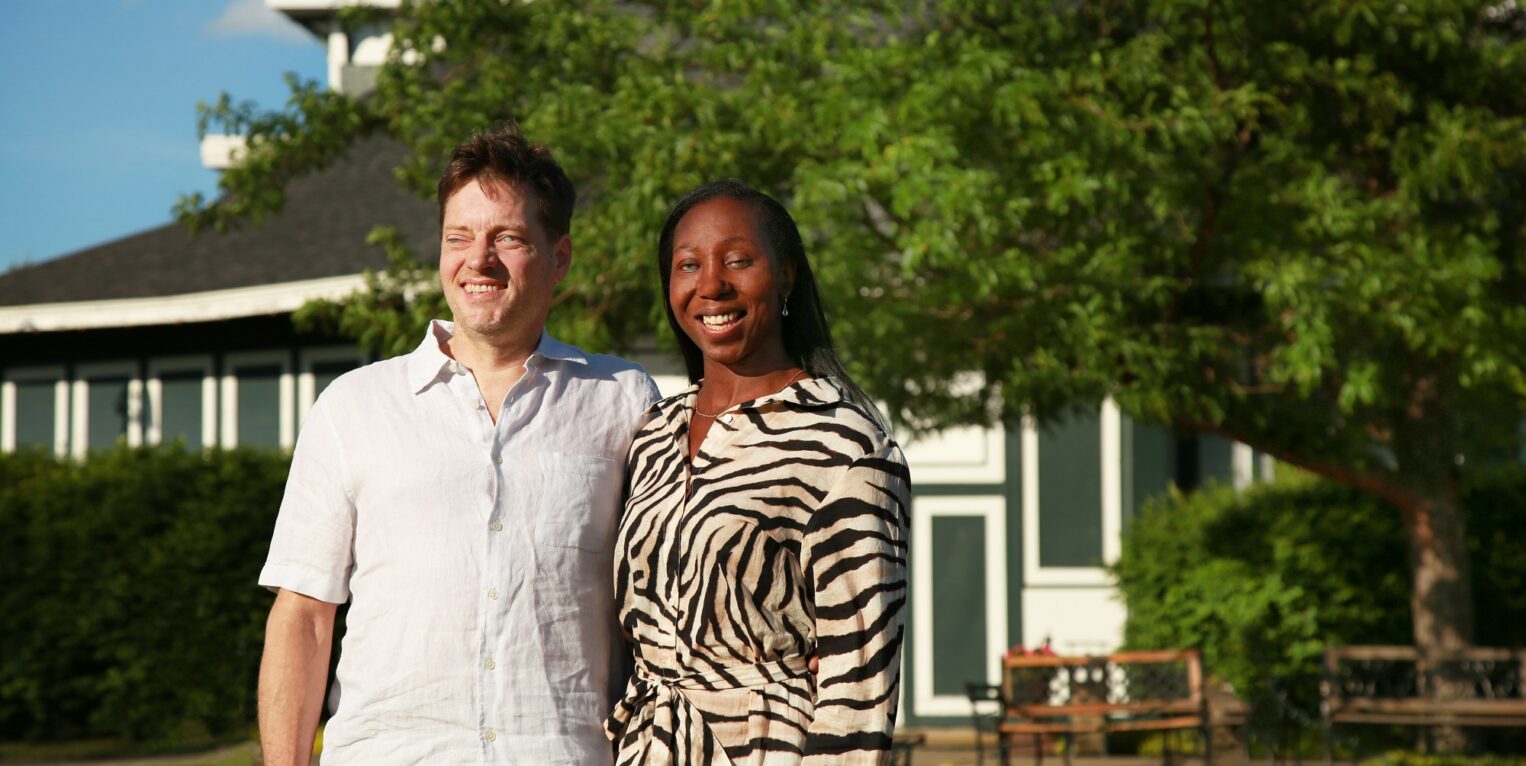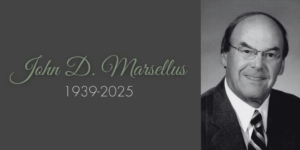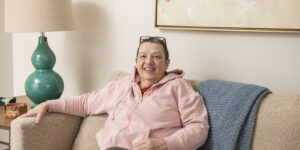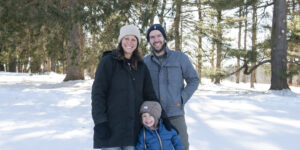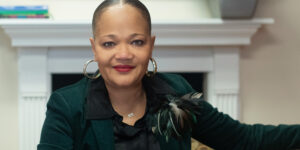A good quality of life. This idea is at the heart of Angela Winfield and Lance Lyons’ decision to live – and give back – in Central New York. In addition to its affordable cost of living, good weather, abundant natural resources, and rich arts and cultural landscape, Central New York is where they have made their home and where they are committed to making a difference.
Angela, a diversity, equity and inclusion executive; and Lance, a property manager, are involved with many local nonprofits as board members, supporters, patrons and beneficiaries. Common among these organizations – and Angela and Lance’s passion for them – is a mission to help people find independence, enrichment, opportunity and access.
“I do what I can for the community because when I went blind, I needed help. And there are agencies and people there for that,” said Lance. “If I can do something to help somebody else or several people on the way, then I’m happy to do it.”
Angela and Lance both credit the support they received from Aurora of Central New York and other local service agencies as a catalyst for giving back. They both dream of a future in which everyone has a chance to be successful and no one is limited by their circumstances. Drawing from their own lived experiences, Angela, a blind Black woman, and Lance, a blind White man, are passionate advocates for racial equity and disability rights. In their own words, “It shouldn’t be difficult to be Black and it shouldn’t be difficult to be blind. We want to increase justice and equity for future generations.”
Angela grew up in Newburgh, New York with her siblings and parents who, as teachers and first-generation college students, always modeled the importance of education and giving back for their children. Angela’s father grew up in the Hudson Valley, while Angela’s mother grew up in North Carolina, in the segregated South. Angela’s grandfather, who had only a fourth-grade education and could not read, went on to become the family’s first real estate investor, a venture Angela would eventually go on to replicate. Her grandmother, who had a seventh-grade education, worked as a domestic worker, cooking and cleaning for White families. As a second-generation college student who earned a bachelor’s degree from Barnard College and a law degree from Cornell University, Angela credits her education as a tool that helped her advance. She views education and access to knowledge, both formal and informal, as a crucial ingredient for overcoming obstacles that she hopes will cease to exist in the future.
“It’s not lost on me, my identities,” said Angela. “And I own and embrace and am proud of every one of them. I’m a blind Black woman and that used to be a source of stress and challenge and obstacle for me. And it still poses challenges and barriers. … But the thing that really kind of gets me and motivates me and makes me know that these issues matter is that just because you can overcome the barriers, doesn’t mean the barriers need to exist.”
Lance grew up in a lower-income household in Auburn, New York, raised by a single father who worked as a truck driver. Lance was a first-generation college student. Though he didn’t feel privileged growing up, he now realizes he had unfair advantages on the basis of race, gender and ability. Through his marriage to Angela and becoming part of her family, he has gained deeper insight into the structural barriers and racial injustices she and other people of color continue to face across the country. Losing his sight later in life, at age 29, also transformed Lance’s awareness and perspective, as he went from merely perceiving barriers faced by people living with disabilities to feeling and experiencing them directly.
Angela and Lance want people to know that there are pathways through the barriers, even if it doesn’t always feel like it. “Anything’s possible,” Angela said. “You can succeed and you can thrive.”
“And it’s also important to keep in mind what success is for you. It needs to be yours.” Lance added, “Do the best you can and help everyone you can along the way.”
Angela and Lance also share a mutual love of the arts – mainly the theater and performing arts – as these mediums provide opportunities to empathize with different stories and perspectives and engage diverse audiences. They regularly attend performances at Auburn Public Theater, Syracuse Stage and the REV Theatre Company, an organization for which Angela also serves on the board. The arts provide powerful platforms for inclusivity and representation, and Angela and Lance hope to improve access and accessibility – both onstage and off – for people of all abilities, means and backgrounds.
To help forge future pathways, Angela and Lance have chosen to leave an estate gift to the Community Foundation, which will create a legacy fund when they pass away. Their legacy fund will support racial equity, disability rights, educational and vocational opportunities, and arts accessibility in Central New York – all causes that will advance their goal of helping to make people’s lives better.
“By going through the Community Foundation, our gift can evolve with the needs that may arise in the future,” said Angela. “We do the work that we can while we’re here. And then, while we’re gone, the work continues.”
